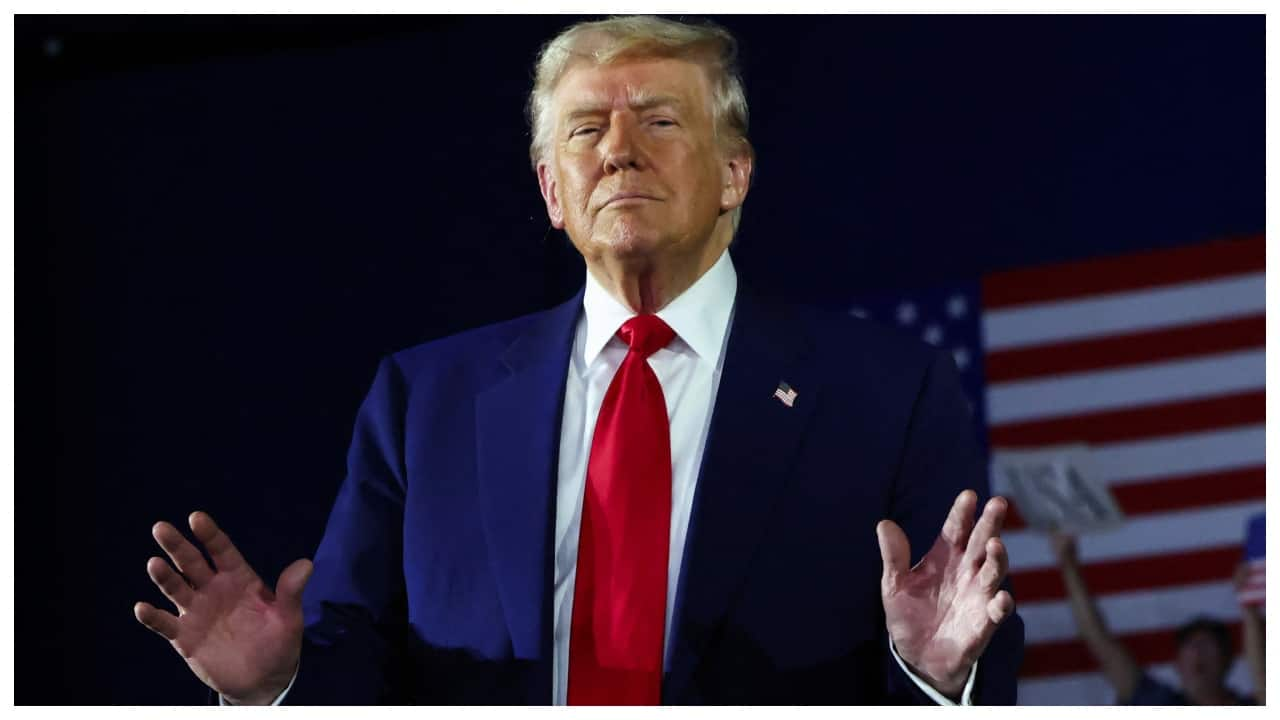Escalating Trump-Musk Feud: Political Tensions and Business Fallout
The highly public and acrimonious fallout between prominent figures President Donald Trump and Elon Musk serves as a dramatic illustration of the complexities involved when professional relationships with high-profile individuals sour. This dispute, ignited by Musk's sharp criticism of a key Trump legislative initiative, rapidly escalated into a volley of personal attacks, threats, and significant repercussions for their respective ventures and political alignments.
The conflict erupted when Elon Musk described President Donald Trump's signature "big, beautiful bill," aimed at extending tax cuts, as a "disgusting abomination." President Trump, who had previously enjoyed Musk's backing and even purchased a Tesla to show support, responded sharply, calling Musk "CRAZY!" and expressing his disappointment. This initial exchange set the stage for a rapidly deteriorating public relationship.
The disagreement quickly spiraled. President Trump threatened to slash crucial government contracts and subsidies vital to Musk's companies, including SpaceX. Musk, in turn, broadened his criticism beyond the specific bill, attacking significant portions of President Trump's political agenda. His social media posts included floating the idea of impeachment, labeling President Trump a liar, and making unsubstantiated claims about President Trump's involvement in the "Epstein files." Musk also initially threatened to decommission SpaceX's Dragon spacecraft, a vital asset for NASA's astronaut transport to the International Space Station, though he later retracted this specific threat.
The feud had immediate and tangible consequences. Tesla's market capitalization saw a significant drop, with reports indicating a loss of over $150 billion in value following the public spat, contributing to an almost 30% decline year-to-date. For President Trump, the conflict jeopardized substantial potential political funding, as Musk, who had reportedly spent around $275 million to support President Trump's 2024 election, had also promised an additional $100 million for groups linked to the president's team before the 2026 midterms, funds now considered very much in doubt. The threat to SpaceX contracts also posed risks for NASA and other federal programs reliant on Musk's aerospace company.
This public meltdown underscores the challenges employers face when dismissing or parting ways with A-list talent, who often possess large egos. Leadership experts suggest that such separations, unlike the Trump-Musk scenario, ideally should be handled by framing the departure as "business as usual." Conventional wisdom advises orchestrating a warm public send-off, providing sensible, face-saving explanations such as pursuing other career opportunities or spending time with family. This approach aims to protect the reputations of both the departing individual and the organization. As one expert noted, the goal is to "save face" and avoid damaging future recruitment prospects or the individual's career. Another tactic involves diverting public attention by "flooding communication channels with other stuff" perceived as more favorable.
Experts caution against public rebukes in such high-profile situations, advising instead to "say as little as possible" to avoid adding weight to the counter-arguments. Had President Trump remained silent, the focus might have remained on Musk's policy critique rather than escalating into personal accusations. Such high-stakes fallouts often occur when flashy recruits turn out to be a poor cultural fit, are not as talented as advertised, or overestimate their value. Even at the highest corporate levels, CEOs have been pushed out after brief tenures for similar reasons. The experience of Sam Faycurry, a CEO who carefully managed the exit of a high-profile hire to avoid "bad blood," highlights the importance of preserving relationships, especially if the individual is influential within a desired talent pool, because, as he put it, "You're never truly parting ways."
The Trump-Musk feud also drew commentary from political figures like Vice President JD Vance, who characterized Musk's decision to "go after the president" as a "huge mistake." Vance expressed hope that Musk would "come back into the fold," emphasizing that a continued war between two such powerful individuals would be "bad for the country." Despite the heated exchanges, there were signs of potential de-escalation. After Bill Ackman, a hedge-fund billionaire, urged the two to "make peace for the benefit of our great country," Musk conceded, "You're not wrong." Later, after days of trading barbs, Trump reportedly wished Musk well, to which Musk replied on social media with "Likewise," suggesting a possible, albeit fragile, softening of tones.
The Trump-Musk saga highlights the volatile nature of relationships between powerful personalities and the significant, multifaceted risks involved when these disputes play out in the public arena. It serves as a potent case study in crisis communication, reputation management, and the delicate art of managing ties with influential figures, where the stakes—financial, political, and personal—are extraordinarily high.












